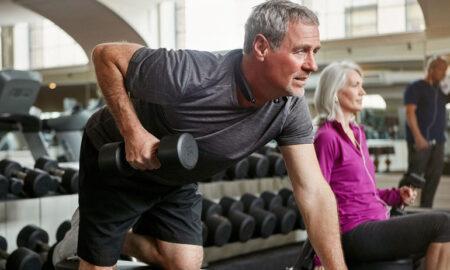Yes, eggs are indeed wonderful for your body and brain. Their harmful effects have been completely overblown.1 In fact, one study showed that eating eggs more frequently, up to almost daily, was not associated with an increase in coronary heart disease for middle-aged Japanese men and women.2
We know that egg yolk contains two very important carotenoids—lutein and zeaxanthin—both of which have been shown to be great for eye health. There’s also another, emerging benefit of eggs, however. Scientists have found that reduced brain serotonin function is involved in stress-related disturbances and may occur under conditions of chronic stress. We also know that serotonin production depends on the availability of tryptophan. Recently, an egg protein hydrolysate was developed that showed a much greater effect on brain tryptophan availability than pure tryptophan and other tryptophan food sources.
So does that mean egg protein hydrolysate might be effective for aiding athletic performance under stressful conditions? Scientists looked at the effects of egg protein hydrolysate vs. a placebo protein on plasma amino acids, stress coping and performance in subjects with high and low chronic-stress “vulnerabilities.” In a placebo-controlled, double-blind, crossover study, 17 volunteers with high and 18 participants with low chronic-stress vulnerabilities were monitored for mood and performance under acute-stress exposure after they took either egg protein hydrolysate or the placebo.
Here is what the researchers found: Egg protein hydrolysate significantly increased plasma tryptophan availability for uptake into the brain, decreased depressive mood in all subjects and improved perceptual-motor and vigilance performance only in low-chronic-stress-vulnerable subjects. The scientists concluded that the acute use of a tryptophan-rich egg protein hydrolysate is an effective way of increasing plasma tryptophan and therefore may be beneficial for perceptual-motor and vigilance performance in healthy volunteers.3
That benefits you because for one thing, egg protein hydrolysate is an excellent protein source. Heck, whole eggs are a great food. Also, for those of you who are trying to get cut and lean, dropping calories, albeit temporarily, is a strategy that you need to adopt. To do that most effectively, you’ll need to get optimal protein. For instance, a recent study looked at 20 young and healthy resistance-trained athletes who were fed different amounts of protein—but with the same calorie intake. One group had higher protein and the other lower protein.
The researchers discovered that about 2.3 grams of protein per kilogram of bodyweight, or approximately 35 percent protein, was significantly superior to approximately one gram per kilogram, or about 15 percent, energy protein for maintaining lean body mass in young healthy athletes during short-term hypoenergetic weight loss.4 For a 200-pound athlete that’s roughly 209 grams of protein—about 35 eggs or four to five chicken breasts.
So anytime you try to lose bodyfat or weight, just make sure to eliminate some carbs from your diet and jack up the protein. While you’re at it, add an egg or two.
Editor’s note: Jose Antonio, Ph.D., is the CEO of the International Society of Sports Nutrition (www.theissn.org); also check out his site www.TheWeekendWorkout.com.
References
1 Egg-cellent news for most, but not those with diabetes. The harmful effects of eggs were overblown, but the studies show that people with diabetes should still limit how many they eat. (2008). Harv Health Lett. 33(9):6.
2 Nakamura, Y., et al. (2006). Egg consumption, serum total cholesterol concentrations and coronary heart disease incidence: Japan Public Health Center-based prospective study. Br J Nutr. 96(5):921-928.
3 Markus, C.R., et al. (2010). Effect of tryptophan-rich egg protein hydrolysate on brain tryptophan availability, stress and performance. Clin Nutr. In press.
4 Mettler, S., Mitchell, N. and Tipton, K.D. (2009). Increased protein intake reduces lean body mass loss during weight loss in athletes. Med Sci Sports Exerc. 42(2):326-337.




















You must be logged in to post a comment Login